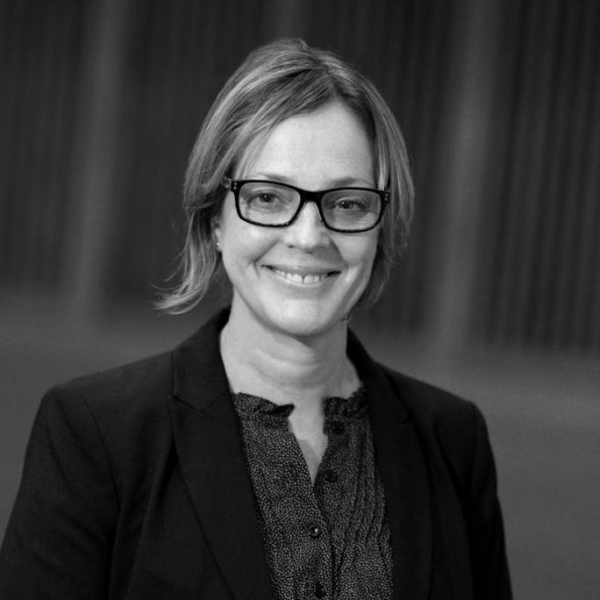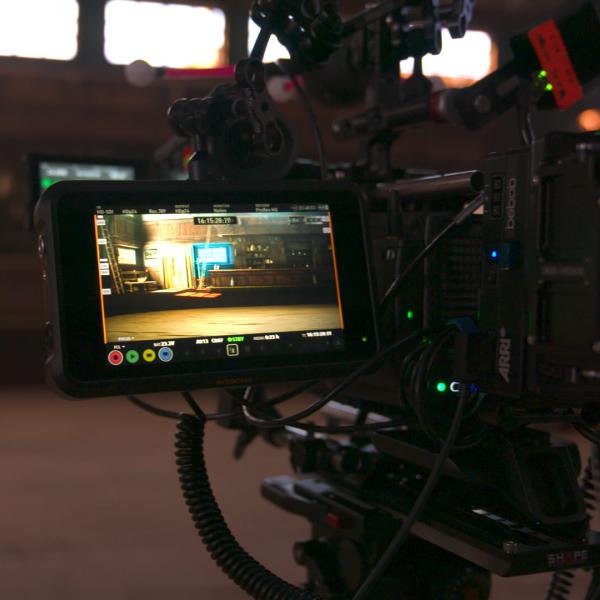In a new article, Prof. Colin Burnett discusses the theories of neglected French auteur Roger Leenhardt.
Best known as the mentor of legendary French critic and theorist André Bazin, Roger Leenhardt (1903-1985) was a subtle theorist of cinematic realism in his own right. In a new article published in Studies in French Cinema, Prof. Colin Burnett reexamines his theories in light of recent developments in theories of the digital. Late in his career, Leenhardt published two enigmatic statements that suggest that he was increasingly skeptical of the idea, which he himself had defended in the 1930s, that film’s realist potential depended on the medium’s photochemical capacity to create faithful imprints of reality. In previously unexamined passages from his essay ‘Cinéma et les arts plastiques’ (1964) and his interview-based memoir Les Yeux ouverts (1979), he argued that animated shorts, along with the film sur l’art, were opening onto new vistas of exploration in realist aesthetics. This article addresses the conditions that led to, and the implications of, this seemingly paradoxical ‘lost development’ in French realist thought. By situating Leenhardt’s late theory in its proper context, namely his brief collaboration with painter Robert Lapoujade on the abstract animation Trois portraits d’un oiseau qui n’existe pas (Robert Lapoujade, 1963), we not only uncover the theory’s social and conceptual roots, but discover a fresh approach to a paradox that continues to grip film theorists: whether cinema can continue to be a means for making discoveries about reality in an age where new media grants filmmakers the power to manipulate every aspect of the image.
Read the article: Here
This is Prof. Burnett’s second article on Roger Leenhardt. In his first, published in 2015 in the journal Film History, Burnett argued that Leenhardt’s theories and filmmaking played a role in shaping the aesthetic outlook of the renowned ciné-club, Objectif 49.
Read the article: Here




